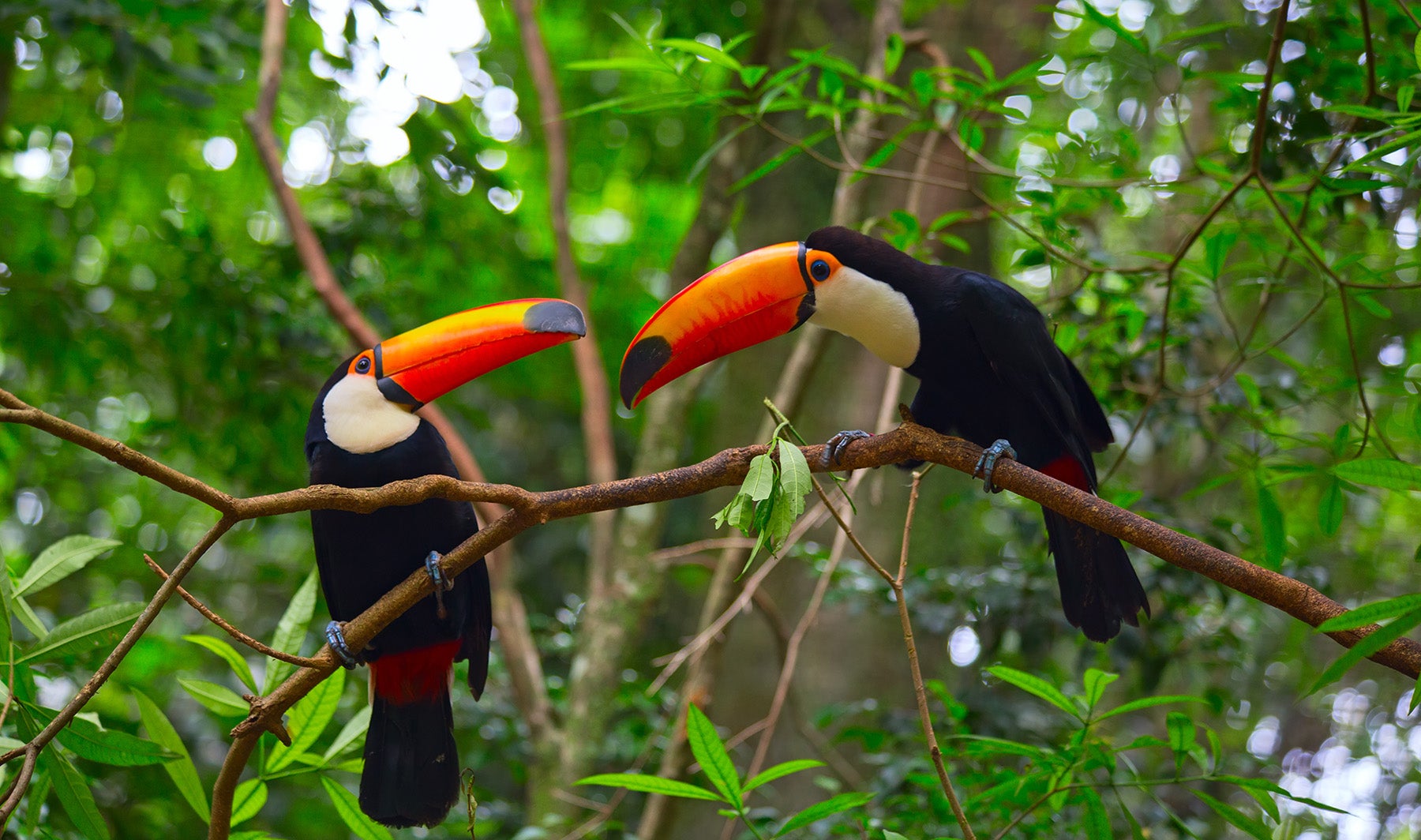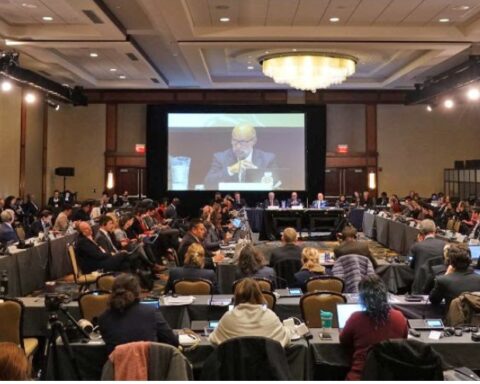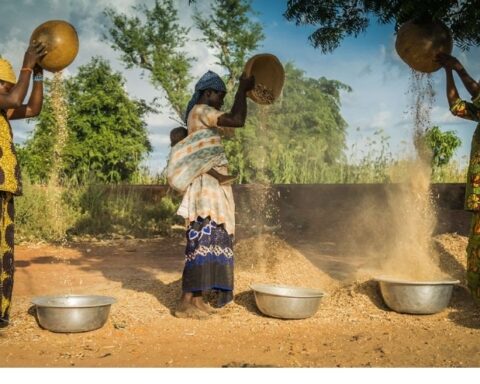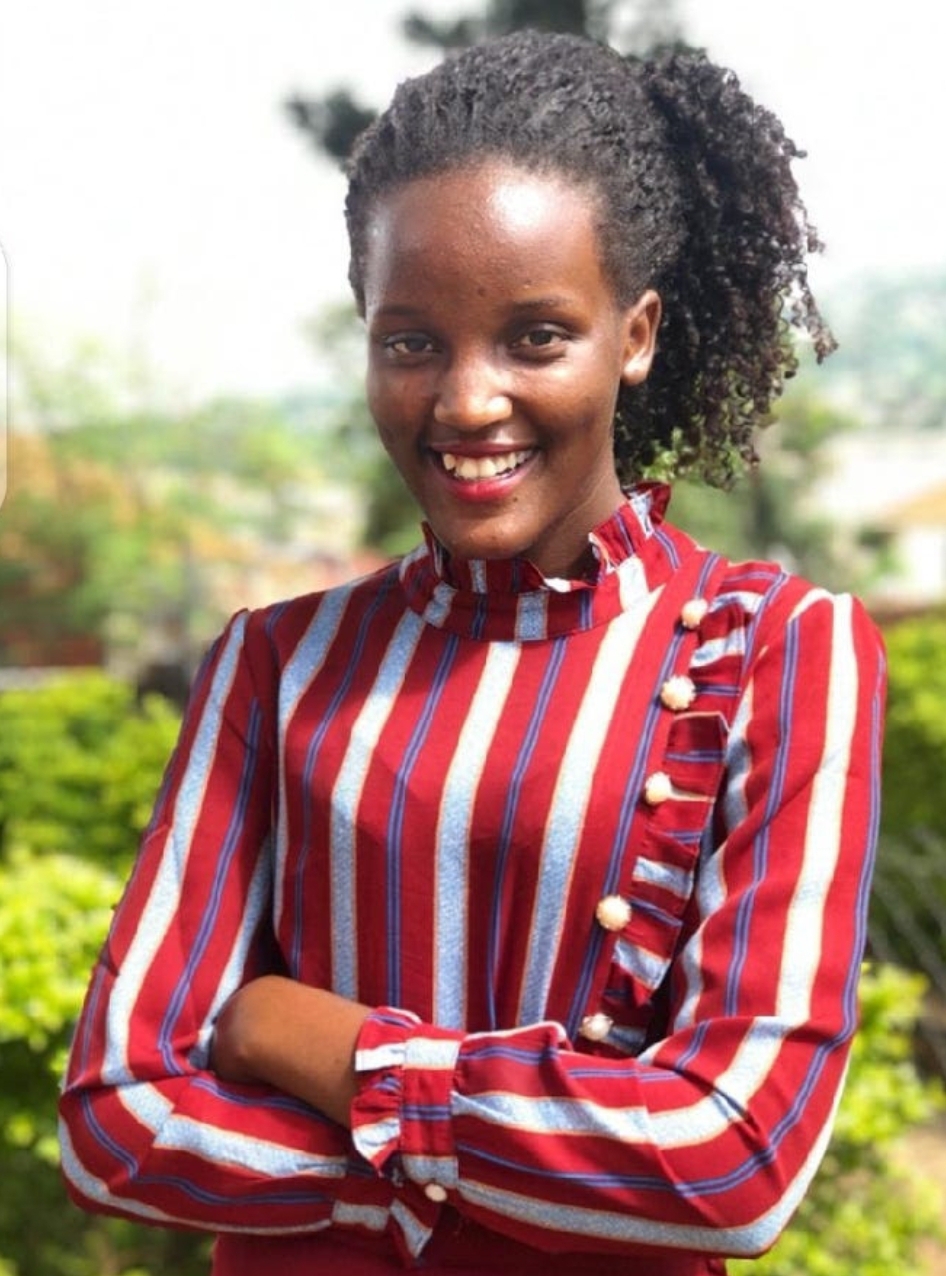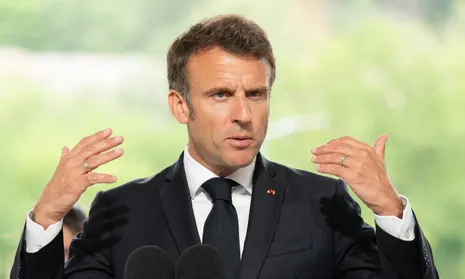When it meets this month in Brasilia, the Global Environment Facility’s governing body will consider a record $1.4 billion work program and set the contours of a new Global Biodiversity Framework Fund, speeding up international efforts to confront species loss and related crises.
The 64th GEF Council meeting comes six months after countries agreed to a new Kunming-Montreal Global Biodiversity Framework and sounded the alarm about the need for fast and accessible funding for the protection, restoration, and sustainable use of nature.
It stands to be the latest in a series of advances for environmental diplomacy, following a new UN High Seas Treaty reached in March and recent advances in plastic pollution negotiations.
GEF CEO and Chairperson Carlos Manuel Rodríguez described the large work program, mainly focused on biodiversity, as a major boost for global efforts to end species loss this decade.
“The Global Environment Facility has a clear role to play in getting resources where they need to be as countries look to put nature first in their planning.
The game-changing programs and projects in this record work program reflects that mandate,” the former Costa Rican energy and environment minister said. “It is very special for us to hold this meeting in Brazil as we work to keep moving forward on protecting biodiversity and addressing climate change and pollution.”
The $1.4 billion in GEF funding is set to generate another $9.1 billion in co-financing from other sources, for a total support package of $10.5 billion.
Most of the support is set to be delivered through six of eleven new Integrated Programs launched for the four-year GEF-8 funding period. These Integrated Programs are designed to target the drivers of environmental degradation across many sectors – an approach that is set to generate significant global environmental benefits across multiple dimensions.
The work program spans 94 percent of all countries eligible for GEF support, which include developing countries, economies in transition, Least Developed Countries, and Small Island Developing States.
During the GEF-8 period, which ends in June 2026, $5.3 billion in donor funding will be deployed for environmental initiatives in developing countries.
In addition to reviewing the work program, Council members will discuss plans to establish the new Global Biodiversity Framework Fund, which delegates to the Convention on Biological Diversity decided in December to house at the Washington-based GEF.
They will also visit GEF-supported initiatives in the Amazon rainforest and in the Brazilian capital, related to protected areas and sustainable cities, respectively.
Meeting as the 34th Council of the GEF-hosted Least Developed Countries Fund and Special Climate Change Fund, representatives will also consider a combined total of more than $63 million in projects and programs for climate change adaptation in vulnerable countries.
The Brazil gathering will be a stepping-stone to the once-every-four-years GEF Assembly, which will take place in Vancouver in August.
The Global Biodiversity Framework Fund is expected to be launched at the Assembly, which will bring together government, business, and civil society representatives from across the GEF’s 185 member countries, with an emphasis on young people.
Rodríguez said that recent progress in multilateral discussions about biodiversity, the high seas, fisheries subsidies, plastics, and chemicals were cause for real optimism, even as ecological and climate challenges continue to loom large.
“We are clear-eyed about the problems we are facing. Still, I feel very positive about the fact that we are looking directly at those problems and taking steps to solve them together,” he said. “The journey is underway and every single step we take matters – including these big leaps.”
Culled from thegef.org


